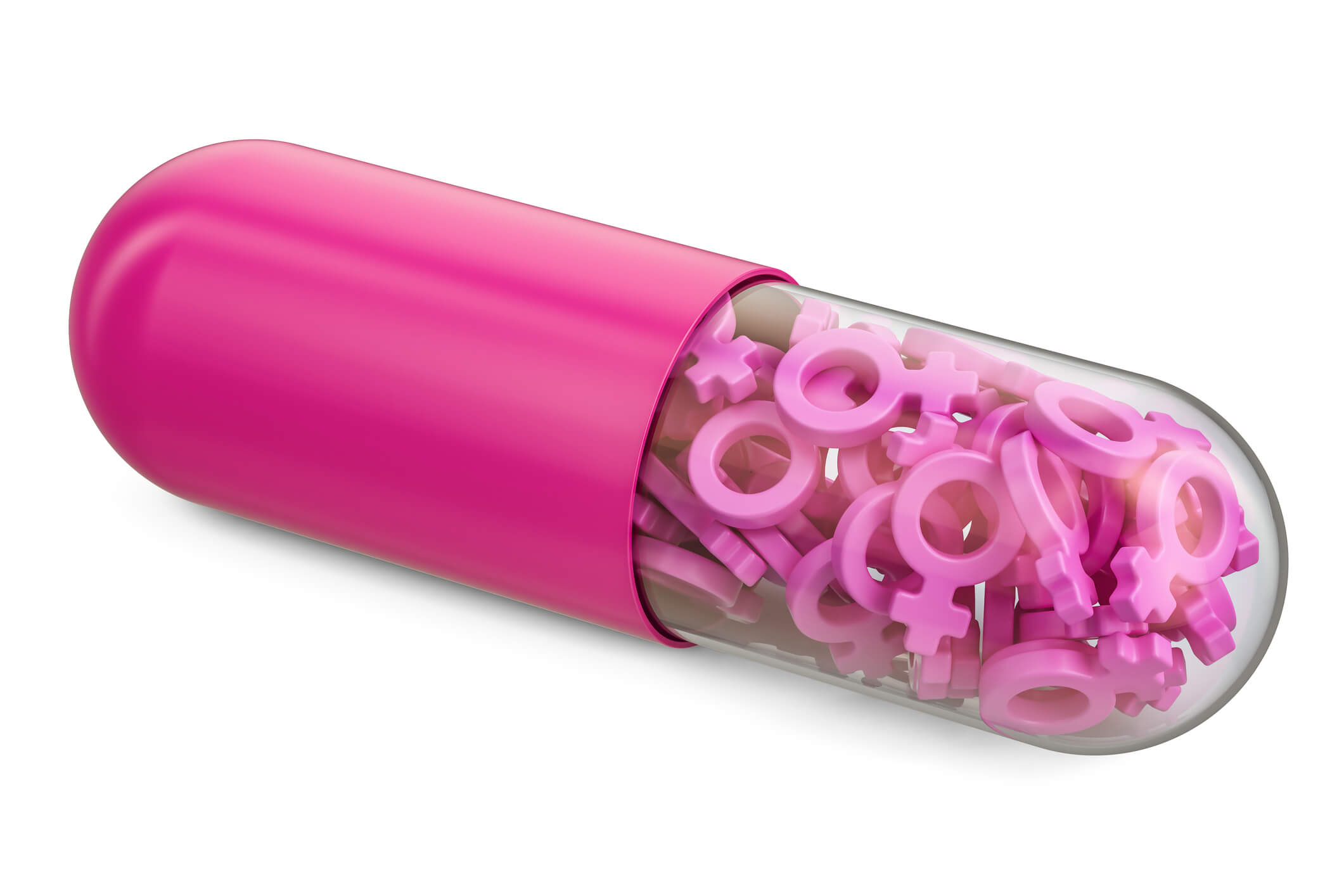Our medical director, Dr. Megan Strauchman, is expertly trained in the diagnosis and treatment of symptoms that respond well to bioidentical hormones, such as hot flashes, mood swings, chronic fatigue, migraines, libido loss, and “brain fog.” Dr. Strauchman is fellowship-trained in anti-aging and regenerative medicine and has been using bioidentical hormone replacement therapy (BHRT) to successfully treat her patients for the last 16 years.
Why Use Bioidentical Hormone Replacement Therapy (BHRT) Instead of Synthetic Hormone Replacement Therapy (HRT)?
Synthetic hormones from different species (such as the popular HRT medicine Premarin, which is derived from horse urine) are chemically different from our own naturally made hormones. Even chemicals like BpA in plastics can mimic the functions of estrogen in our bodies. In many cases, these chemicals and synthetic hormones are several times more potent than our natural hormones, thus increasing the risk of certain cancers. Thus, hormones that are not bioidentical do not provide the same physiologic activity as the natural hormones they replace, and may provoke undesirable side effects not seen with the natural or bioidentical hormones. Bioidentical hormones have been available for over 50 years, and have an excellent safety profile when compared to traditional hormone replacment.

For Example
“In healthy women without breast cancer, we find that the saliva progesterone level routinely is 200 to 300 times greater than the saliva estradiol level. In women with breast cancer, the saliva progesterone/estradiol ratio is considerably less than 200 to 1. As more physicians become familiar with saliva hormone tests, I believe these tests will become the standard for monitoring bioidentical hormone replacement therapy.”
– Dr. Megan Strauchman
The Proper Type of Hormone Testing Should Determine Hormone Dosage
Serum or plasma blood testing for sex hormones should be avoided. The results from this kind of hormone testing are highly variable and unreliable. Hormones have no health benefit while they are circulating in the blood stream. Hence, even if blood hormone testing were reliable, it does not provide the physician with any information about how your body is using a hormone. By contrast, measuring hormones by saliva testing provides clinical information on how well the body is using these hormones. This allows your physician to create a treatment plan that is fully customized to your hormone results. Thus, saliva testing is far superior to serum or urine testing in measuring hormone levels.


